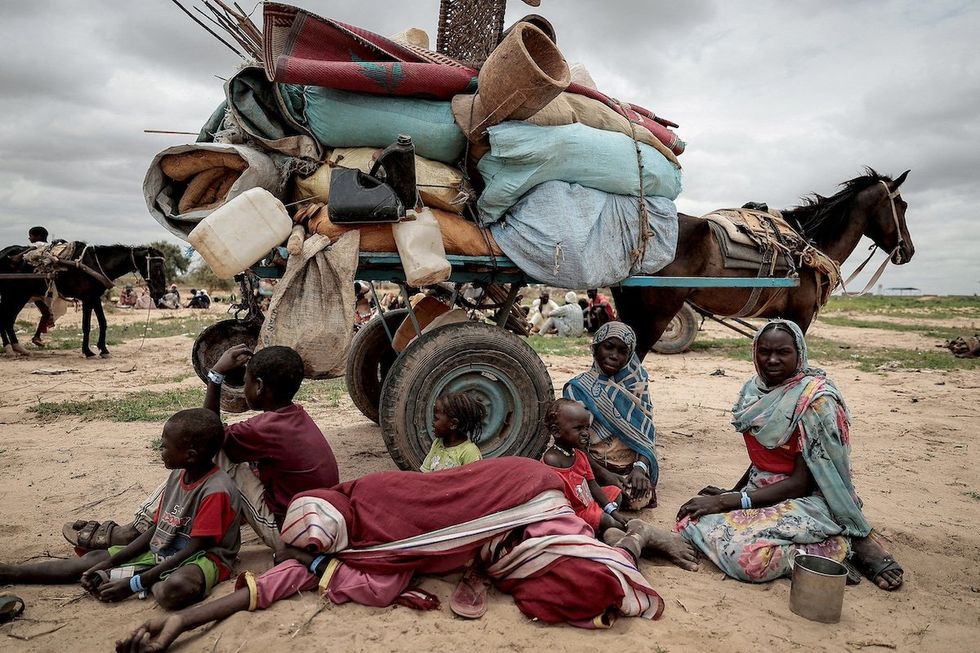The paramilitary Rapid Support Forces, one side of Sudan’s ongoing civil war, have routed Army forces in Wad Madani, and are reportedly setting up checkpoints and looting homes and vehicles. Civilians are terrified they will be subjected to the same sexual violence and targeted ethnic killings that RSF fighters have reportedly perpetrated elsewhere. Some are piling onto the back of trucks, others are packing their possessions onto horsecarts, and many are simply taking what they can and escaping by foot.
The city had been a relative safe haven, one of the few places where humanitarian organizations were able to bring in aid. At least 85,000 refugees from elsewhere in Sudan had relocated to Wad Madani since fighting broke out in April, and around half a million were in the surrounding Al-Jazira state. An aid worker on the ground told the BBC that people are now “scattering in different directions,” fleeing toward the city of Sinnar and the borders with Ethiopia and South Sudan. The UN says it does not have enough resources in place in those areas to receive them, and their aid supply lines could be jeopardized if fighting spreads to White Nile state in the west.
The fighting has stretched on for more than eight months without a clear end in sight. Talks mediated by Saudi Arabia did result in a very porous and shaky ceasefire in May — but they have since stalled, and Riyadh’s attention has been elsewhere since the Oct. 7 attacks in Israel.
October is also when the RSF started gaining momentum, forcing the Army out of much of southern Darfur – where the RSF is now accused of committing atrocities – capturing a key dam on its supply lines to Khartoum, and now, pushing southeast. But they’ve yet to deal the Army a fatal blow, and we are watching for signs that their battlefield advances could motivate ethnic militias who fear RSF control to join the fight.






